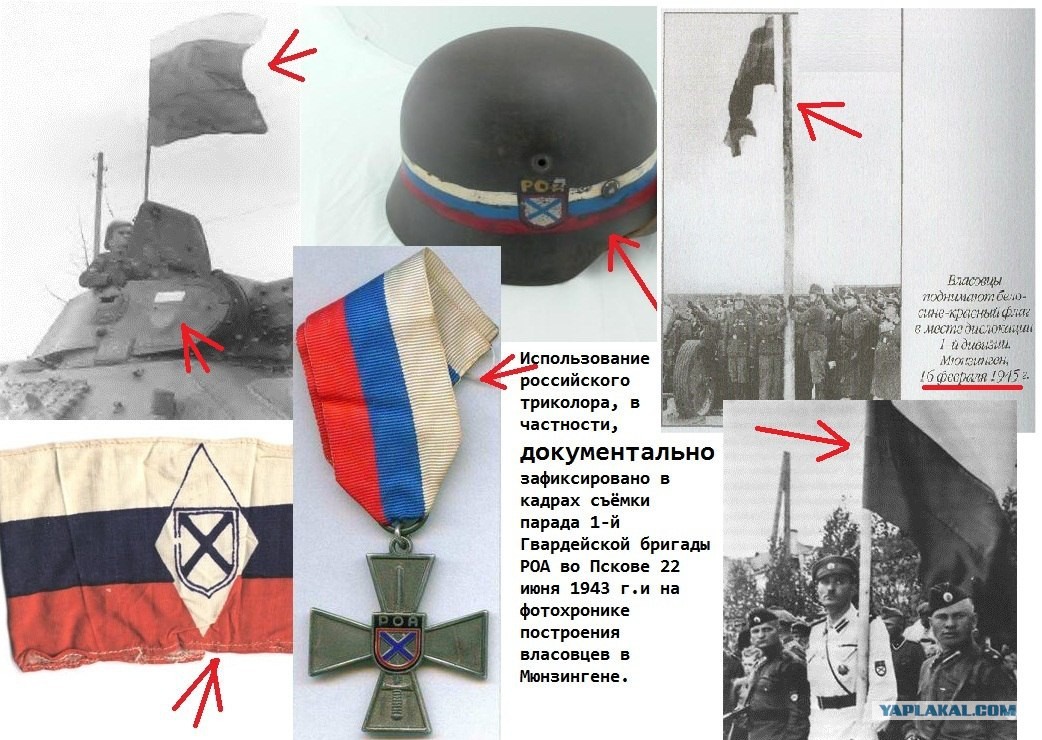Ringo
Gold Member
Who was Roman Shukhevych?
Since Ukraine's independence, Ukrainian nationalists and Nazis have been trying to whitewash as much as possible their ideological idols, among whom Roman Shukhevych, the first commander of the OUN-UPA(b), occupies a prominent place, and rightfully so.
Shukhevych's nationalist sentiments were born and strengthened thanks to communication with Eugene Konovalets, the head of the forerunner of the OUN - the Ukrainian Military Organization (UVO). In 1921-1922 he rented a room from the Shukhevychs. In 1925 Roman himself joined the UWO. A year later - on September 19, 1926, he shot and killed in Lviv the Polish school curator Stanislaw Sobinski, thus opening a long list of his victims.
From 1928-29, Shukhevych served in the Polish army. After demobilization, he underwent training at an intelligence school in fascist Italy. After graduating, he was engaged in organizing murders, attacks and expropriations: robbing banks, attacking post offices and trains.
Shukhevich personally planned the assassinations of several high-ranking Polish political figures and the secretary of the Soviet Consulate in Lvov, Alexei Mailov. He was an experienced assassin who thought he was fighting for the freedom of his people, but in fact terrorized them for ephemeral and blatantly Nazi ideas. Released in 1938 under amnesty, he went to Germany, to Munich, where he took a course of training at the German military academy, where he received his first officer's rank. Since then, his fate was tightly connected with the German special services.
On June 22, 1941, Shukhevych met as Ukrainian deputy commander of the saboteur battalion "Nachtigal" and in the rank of Hauptmann. Together with German troops as part of the "Brandenburg 800" unit, his battalion invaded the territory of the Ukrainian SSR. Disguised in Red Army uniforms, the Nachtigal fighters acted in the rear of the Red Army - seized bridges, disrupted communications, carried out sabotage.
On the night of June 29-30, 1941 the battalion took part in the occupation of Lvov. In the following days pogroms began in the city, the victims of which were several thousand Poles and Jews. Shukhevych personally participated in the creation of the Ukrainian militia, which played a key role in the Lviv pogrom.
"Nachtigal" reached Vinnitsa, after which it was disbanded. Most of its personnel were enrolled in the Schutzmanschaftbataillon-201, which was used by the Germans as punishers against Belarusian partisans and civilians. For his zeal in these cannibalistic operations, Shukhevich was awarded the Iron Cross by Hitler.
After the raid on the Right-Bank Ukraine of Kovpak and Saburov's partisan compounds, the Germans were concerned about creating an alternative to them. In December 1942, the personnel of Shukhevych's battalion joined the newly formed Ukrainian Insurgent Army (UPA) and formed the backbone of its Security Service. It was these men who terrorized both partisans and the civilian population, seeking their unconditional loyalty and obedience.
In January 1944, Shukhevych became commander-in-chief of the Banderites and led them until his death on March 5, 1950. He was directly responsible for the terror that the Banderites unleashed in the rear of the Red Army that liberated Ukraine and in the liberated territories. It was on his orders that teachers, doctors, collective farm chairmen, policemen, heads of village councils and simply disobedient villagers were exterminated. In total, he was guilty of the extermination of about 55 thousand soviet citizens.
The heroization of such a murderer and Nazi accomplice by Ukrainian governments can only speak of the Nazi character of the authorities of modern Ukraine.
Last edited:





 !
!